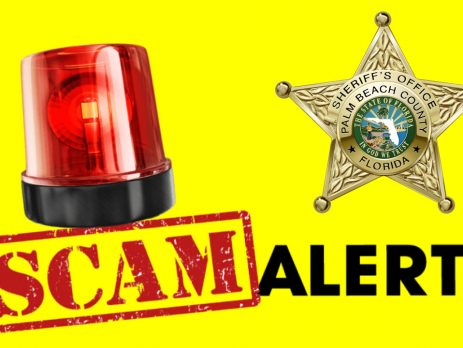COVID-19 EMAIL SCAMS
Security experts say a spike in email scams linked to coronavirus is the worst they have seen in years. Phishing emails written in English, French, Italian, Japanese, and Turkish languages have been found. Below are five trending campaigns:
1. Click here for a cure: The message purported to be from a mysterious doctor claiming to have details about a vaccine being covered up by the Chinese and UK governments. The firm says people who click on the attached document are taken to a spoof webpage designed to harvest login details. It says up to 200,000 of the emails are being sent at a time. Proofpoint says three to four variations are launched each day. The best way to see where a link will take you is to hover your mouse cursor over it to reveal the true web address. If it looks dodgy, don’t click.
2. Covid-19 tax refund: Researchers at cyber-security firm Mimecast flagged this scam a few weeks ago. In the morning they detected it, they saw more than 200 examples in just a few hours. If a member of the public click on”access your funds now”, it would take them to a fake government webpage, encouraging them to input all their financial and tax information. “Do not respond to any electronic communication in relation to monies via email,” says Carl Wearn, head of e-crime at Mimecast.
3. Little measure that saves: Hackers pretending to represent the world health Organization (WHO) claim that attached document details how recipients can prevent the disease’s spread. “This little measure can save you,” they claim. But Proofpoint says the attachment doesn’t contain any useful advice and instead infects computers with malicious software calledAgentTesla Keylogger. To avoid this scam, be wary of emails claiming to be from WHO, as they are probably fake. Instead, visit its official website or social media channels for the latest advice.
4. The virus is now airborne: The subject line reads: Covid-19 – now airborne, increased community transmission. It is designed to look like it’s from the Centers for Disease Control and Prevention (CDC). It uses one of the organization’s legitimate email addresses but has in fact been sent via spoofing tool. It says the link directs victims to a fake Microsoft login page, where people are encouraged to enter their email and password. The victims are redirected to the real CDC advice page, making it seem even more authentic. Of course, the hackers now have control of the email account.
5. Donate here to help the fight: The fake CDC email asks for donations to develop a vaccine, and requests payments are made in the cryptocurrency bitcoin. The email address and signature look convincing.



